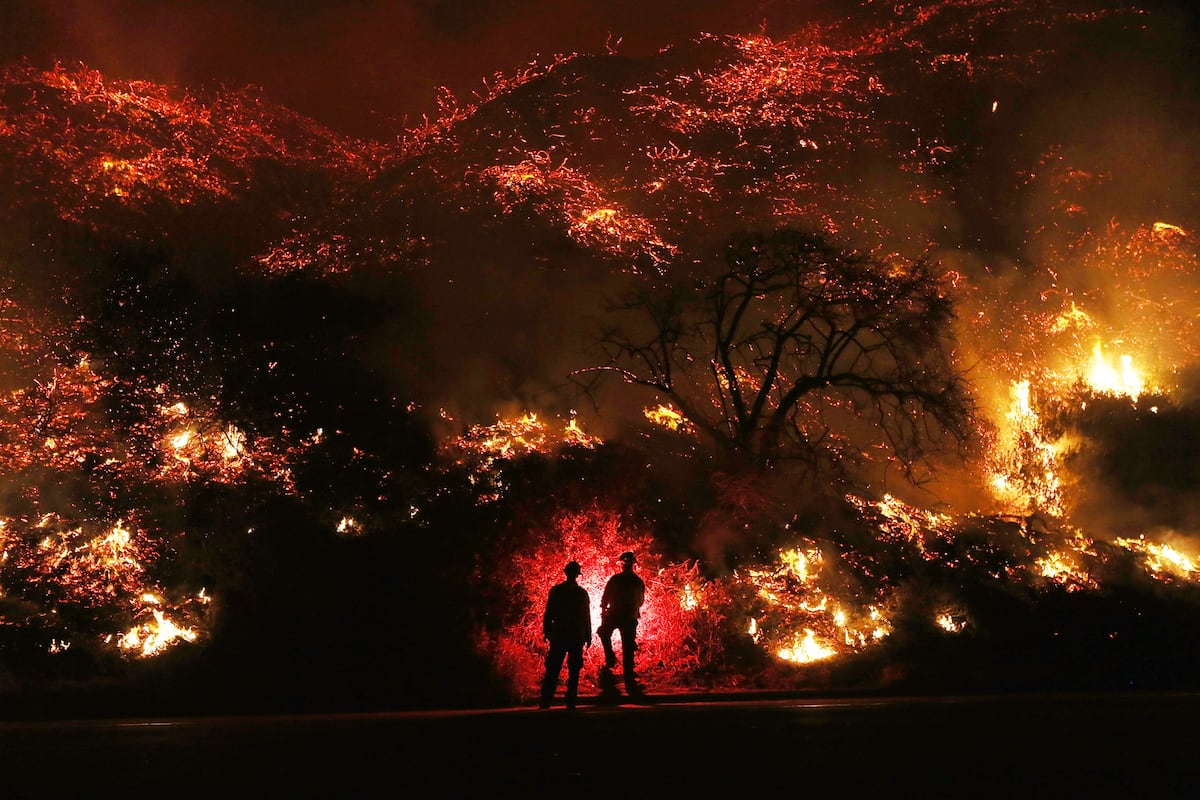Since the climatologist and Nobel Prize winner Paul J. Crutzen and the marine ecologist Eugene Stoermer formulated the proposal for a new geological era called the Anthropocene in the year 2000, the debate on this new concept has advanced throughout the world to become one of the emerging scientific paradigms.
From the moment the Human Development Report (HDR) of the United Nations Development Program (UNDP) devoted its 2020 world monographic study to the Anthropocene, we can affirm that the United Nations, and with it the international community, accept the importance of the concept and forcefully incorporate it into their analyses.
What at first was a proposal to formulate a new geological time interval considering that we are in a novel period in which people have become a determining geological factor in the generation of irreversible biophysical changes and transformations for the future of Earth, has managed, in a very few years, to have a presence.
In scientific, social, political and institutional debates and analyzes of a different nature, to the point of becoming a paradigm of comprehension and transversal intervention as recent as it is vigorous.
But while the geological community remains engaged in giving scientific rigor to the term, the Anthropocene advances with full force, demonstrating day by day to what extent humanity is capable of generating global, systemic and irreversible effects on the planet capable of altering determining biophysical elements. on Earth, some of them catastrophically.
This is one of the virtues of the current ecological era, its strength to speak to us of an ecosocial crisis of global dimensions in any of the extensions that we analyze, which affects the planet as the central space of our lives.
The epistemological power of the Anthropocene lies in its ability to handle and interpret extraordinarily complex, planetary-scale dynamic systemic variables with great simplicity.
What is most talked about is climate change, partly because it is part of everyday experience, but also because it is the best documented and studied phenomenon internationally, thanks to the United Nations Intergovernmental Panel on Climate Change (IPCC). , for its acronym in English).
But the changes in the planetary balance that the Anthropocene discovers and indicates are not limited solely to climate, but are also projected on many other factors that we group together as ecological and social crises.
In fact, the advance of planetary imbalances goes hand in hand with advances in ecosocial imbalances.
The advance of planetary imbalances goes hand in hand with progress in ecosocial imbalances
Uncertainty and vulnerability create an unavoidable scenario in which science must face new dilemmas, identifying priorities that, at least, allow politics and politicians to record their obligations.
Knowledge faces a gigantic challenge in the era of the Anthropocene, which will not be able to prevent many of its catastrophes, but which should, at least, help us understand what we already have in our hands.
It is true that indignation leads to commitment, but the lack of commitment also leads to indignity, something that we can transfer to what we could consider as an "undignified capitalism" that pushes us to collapse hand in hand with the ecosocial crisis that is building.
redefine the new world
The environmental scenario, the nature that dominates the evolution of the Anthropocene, already leaves little space and much less time to reverse impacts.
Redirecting the script that will continue to represent the next generation worries a lot, but it doesn't seem like it's really on the political and social agenda.
It is not, therefore, a question of stopping climate change, of returning to the pre-industrial climatic situation, but rather of redefining the new world in a new metabolism of humanity with nature that begins by imagining how it could be and what resistance will have to be overcome .
It is the first and unavoidable task of this generation, of its universities and research centers, of its social and political institutions, but also of its social movements.
Society has extraordinary times ahead of a singularity that must be digested away from disenchantment and paralyzing catastrophism, rebuilding the sense of humanity that capitalism has pulverized with its lacerating inequality.
Migrants on our planet, we will have to learn to adapt to another climate, create new social relations of cooperation and solidarity, modify consumption habits and change production dynamics so that they respond to social needs.
Our emigration will not only be between continents, or between climates, but towards a horizon of emancipation, building a global social pact and from below for a new era and for the following generations, a great agreement for social justice, for human rights and for environmental justice.
Someone suggested that another world is possible in another climate, although it must also be added that in another socioeconomic system
Someone suggested that another world is possible in another climate, although it must also be added that in another socioeconomic system.
When the awareness of environmental damage, the understanding of the causes of inequality, and the liberation of the dead weight of the ideology of the market come together, the acceleration of the political and social processes that are already present in a fragmentary way will begin.
A convulsive time is coming in which capital is entrenched in the technological and military fortress, trying to project a new planetary neocolonial dominance.
But what do those who deny the ecological and social crises fear?
The knowledge, the organization and the determination, the advance towards a convergence and the courage of the social movements.
Hope resides, as always, in our intelligence and in our collective will to change and overcome adversity.
What it is about is that hope triumphs against barbarism, life against destruction, the future before a present full of suffering, injustice and atrocities, against people and against the very planet that welcomes us.
And that is our obligation as a human species.
Carlos Gómez Gil
is a PhD in Sociology and full professor and researcher at the Institute of International Economics (IEI) of the University of Alicante, co-author with José Ramón González of the recently published book "The debate on the Anthropocene in the ecosocial crisis", edited by Publications of the University of Alicante.
You can follow PLANETA FUTURO on
,
and
, and subscribe
here
to our 'newsletter'
.




/cloudfront-eu-central-1.images.arcpublishing.com/prisa/KAZHWIUCH5FM5JORPAPL5JTWWE.jpg)



/cloudfront-eu-central-1.images.arcpublishing.com/prisa/JEEPQTR4AVGKDDJ24B4CKAATNY.jpg)
